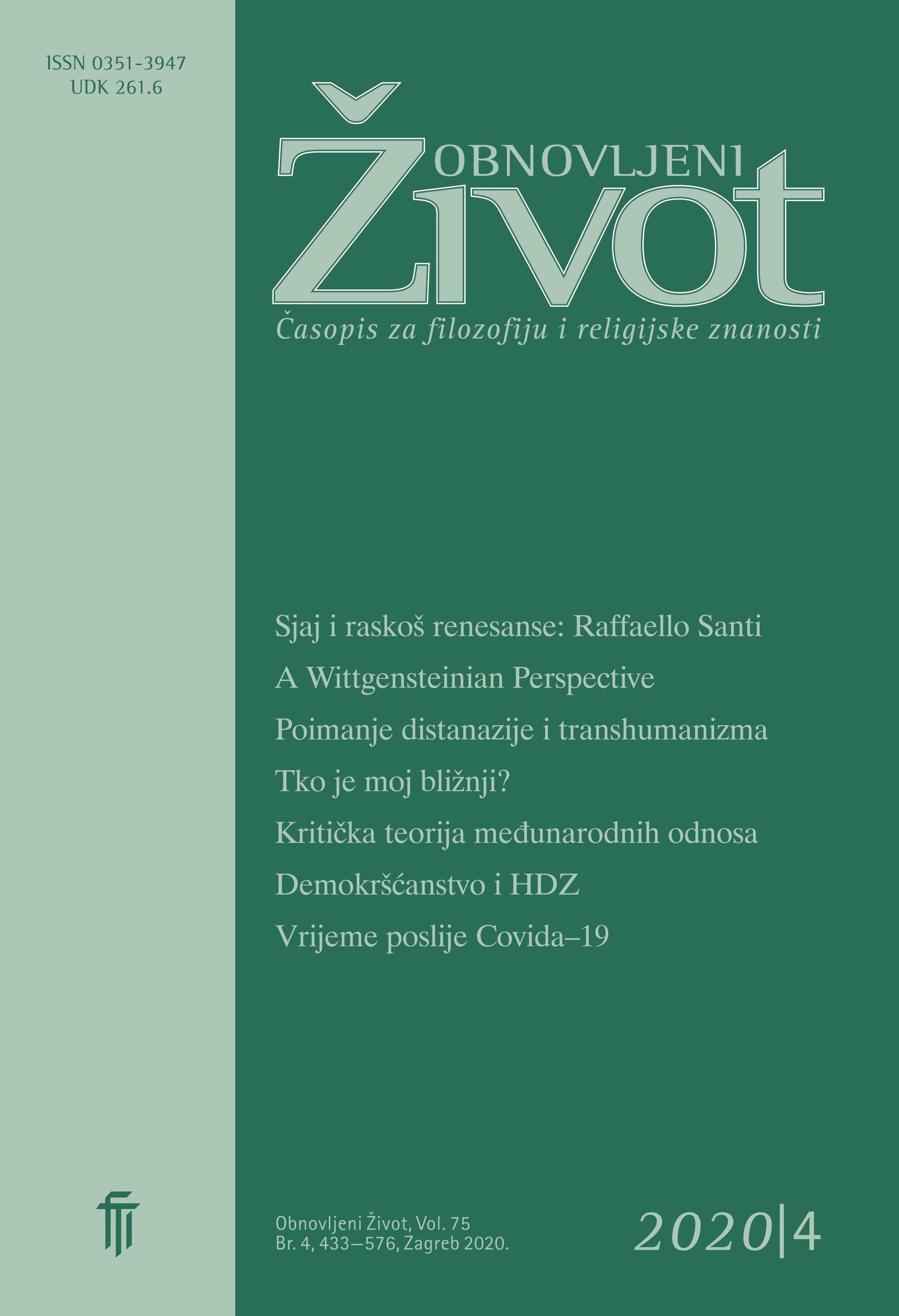Education at the Jesuit Monastery School Plemićki konvikt in Zagreb from 1852 to 1914
Keywords:
boarding school pedagogy, Jesuits, history of education, Plemićki konvikt in ZagrebAbstract
Based on the analysis and critical interpretation of archival material, newspaper articles and relevant literature, the authors research the internal organization of the Plemićki konvikt boarding school in Zagreb, which was a secondary school. It is at the foundation of the Jesuit educational tradition and a major influence upon historical– political circumstances since its re–establishment in the mid–19th century until WWI 1914–1918. The paper focuses on organizational and educational postulates of the boarding activities as well as on the everyday life of the boarding school students in the said period. It is important to emphasize that the establishment of the boarding school was supported both by state and local governments. The local nobility did so by setting up a fund for financing the poorer students from out of their financial and material surpluses. Society was in need of young, well–reared and educated individuals, such that all attention with regard to the formation of these children was focused on the boarding school. Its mode of operation and functioning with regard to general educational and theological orientation remained a qualitative educational constant until the beginning of WWI. A strict educational system for the pupils was enforced which would prepare them for an independent life, a cultural demeanor and a major role in society. The overall educational activity of the boarding school does not, however, deviate from established pedagogical norms, nevertheless at the same time, acts in the spirit of new pedagogical tendencies.
Downloads
Published
Issue
Section
License
Jednom prihvaćeni članak obvezuje autora da ga ne smije objaviti drugdje bez dozvole uredništva, a i tada samo uz bilješku da je objavljen prvi put u Obnovljenom životu. Uredništvo će obavijestiti autora o prihvaćanju ili neprihvaćanju članka za objavljivanje.
Članci objavljeni u časopisu se, uz prikladno navođenje izvora, smiju besplatno koristiti u obrazovne i druge nekomercijalne svrhe.


